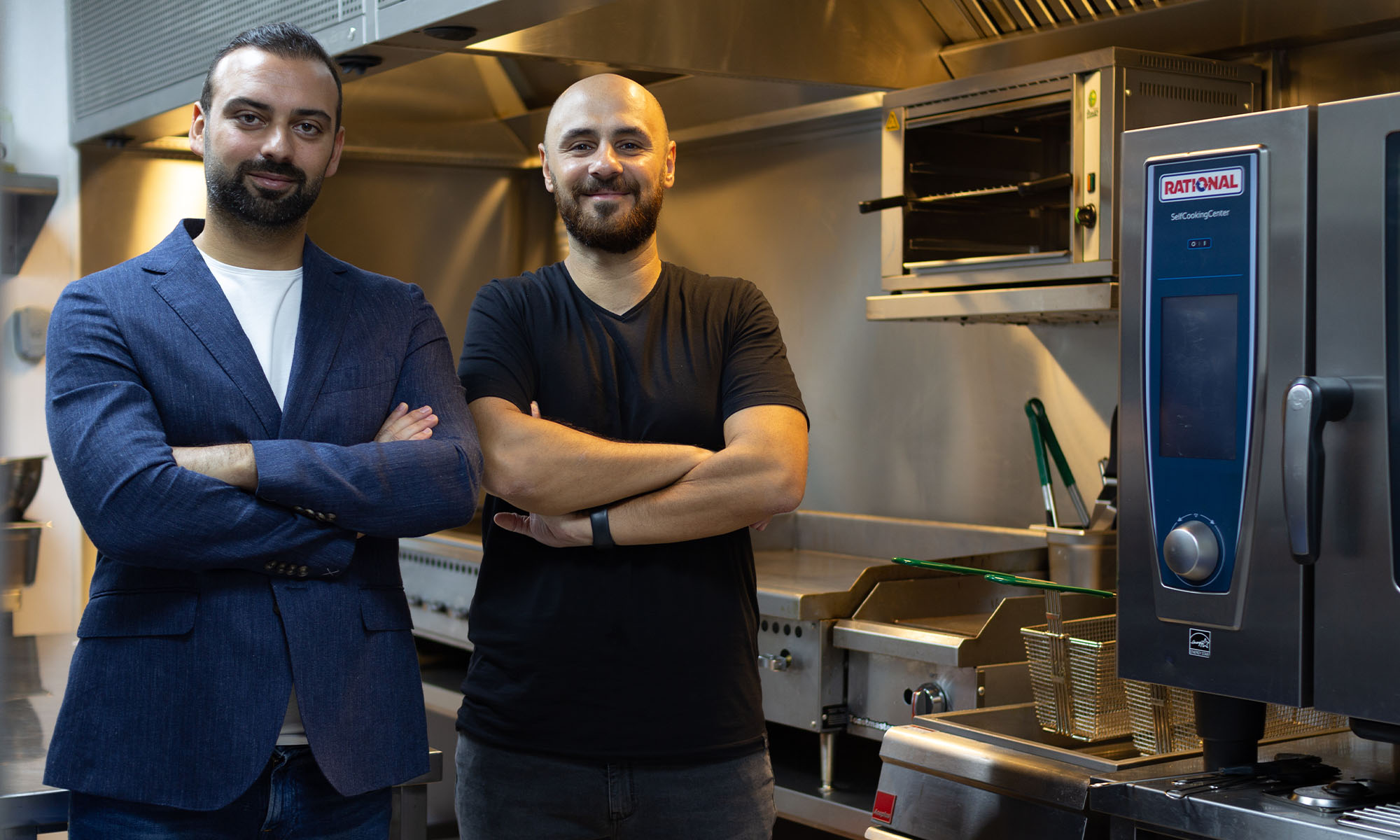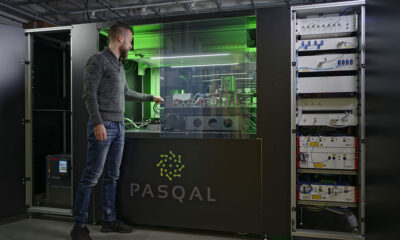News
Hotel Cloud Kitchen Startup Matbakhi Launches In Saudi Arabia
The platform will help Saudi Arabian hotels tap into a $4.71 billion online food delivery market as the Kingdom pursues ambitions of becoming a Top 10 tourist destination.

Matbakhi, a food technology startup, has become the latest addition to Saudi Arabia’s booming catering sector after setting up a headquarters in Riyadh.
Matbakhi’s premise is simple yet innovative: The company helps hotels turn their unused kitchen spaces into revenue generators, upgrading their menus with fresh, creative offerings from young, up-and-coming local chefs. The idea is to give local talent a platform and help chefs build their brands, while simultaneously offering a delivery service to bring the meals to different neighborhoods.
“The way food is conceptualized, sourced, cooked, delivered, and consumed is evolving by the minute in line with the preferences of highly aware and increasingly knowledgeable consumers. Keeping these customers at the heart of everything we do, Matbakhi aims to make the food you want accessible and convenient to order, and ensure that it is delivered to your doorstep in minutes while you’re still looking forward to that taste and experience,” says Joe Frem, co-founder and CEO of Matbakhi.
Also Read: Egypt’s Tech Startup OneOrder Raises $3M In Funding
Matbakhi’s cloud kitchens are effectively a plug-and-play service for hotels. The company offers everything from procurement to staff, helping to raise the profile of local chefs while enhancing the revenue and marketing reach of the hotels hosting the service.
The company’s novel business model will create unique opportunities within Saudi Arabia’s buoyant hospitality sector, especially as the Kingdom plans to become a Top 10 global tourist destination by 2030.
With help from Matbakhi, the hotel food and beverage sector could be transformed entirely, blending seamlessly into the online food delivery market, which, according to a report from Innovius Research, is predicted to be worth a staggering $8.8 billion in value by 2028.
News
Mamo Completes $3.4M Funding Round To Enhance Fintech Services
The startup will use the influx of cash to expand into Saudi Arabia and across the wider GCC while improving its product offering.

UAE-based fintech Mamo has announced the completion of a $3.4 million funding round that will help the startup extend its market presence and improve its product offering. Investors included 4DX Ventures, the Dubai Future District Fund and Cyfr Capital.
Mamo’s platform offers “payment collection, corporate cards and expense management” to help small and medium-sized businesses consolidate and streamline their operations. With the latest influx of capital, Mamo will further develop its comprehensive suite of services and begin testing its product lines in Saudi Arabia, further extending its footprint across the GCC.
Imad Gharazeddine, co-founder and CEO of Mamo, stated: “We’ve been in the market for a while now and are incredibly proud of what our team has achieved. The holistic and expansive nature of our product offering has helped us continue to grow sustainably. This additional funding will allow us to reach our medium-term goals even faster. The support from new and existing investors is a testament to our strong expertise and the ability to deliver on our customer promise”.
Daniel Marlo, General Partner of lead investor 4DX Ventures, added: “We have immense trust in Imad’s vision, leadership and Mamo’s innovative approach to provide a user-friendly and comprehensive financial solution for SMEs that makes financial management more accessible and efficient. We are proud to partner with them and support their mission”.
Also Read: A Guide To Digital Payment Methods In The Middle East
Amer Fatayer, Managing Director of Dubai Future District Fund’s investment team, also commented: “Mamo’s localized product lines serve as an infrastructure for SME payments and spend management in UAE, a segment that is underserved by the country’s current banking infrastructure. The team has taken a product-first approach to consolidating SMEs’ financial journeys and building a fintech solution deeply embedded in a business’s core operations”.
To date, Mamo has raised around $13 million in investment funding and now boasts a team of 30 people. The company’s intuitive financial services platform has allowed over 1,000 businesses to consolidate their financial operations and significantly reduce payment fees.
-

 News4 weeks ago
News4 weeks agoAmazon Prime Day 2024: Get Ready For 6 Days Of Amazing Deals
-

 News4 weeks ago
News4 weeks agoSamsung Unpacked 2024: What To Expect From The July 10 Event
-

 News4 weeks ago
News4 weeks agoCoursera Report Shows Surge In UAE Interest In AI Upskilling
-

 News4 weeks ago
News4 weeks agoMeet Dubai’s Groundbreaking Smart Robot Delivery Assistant
















